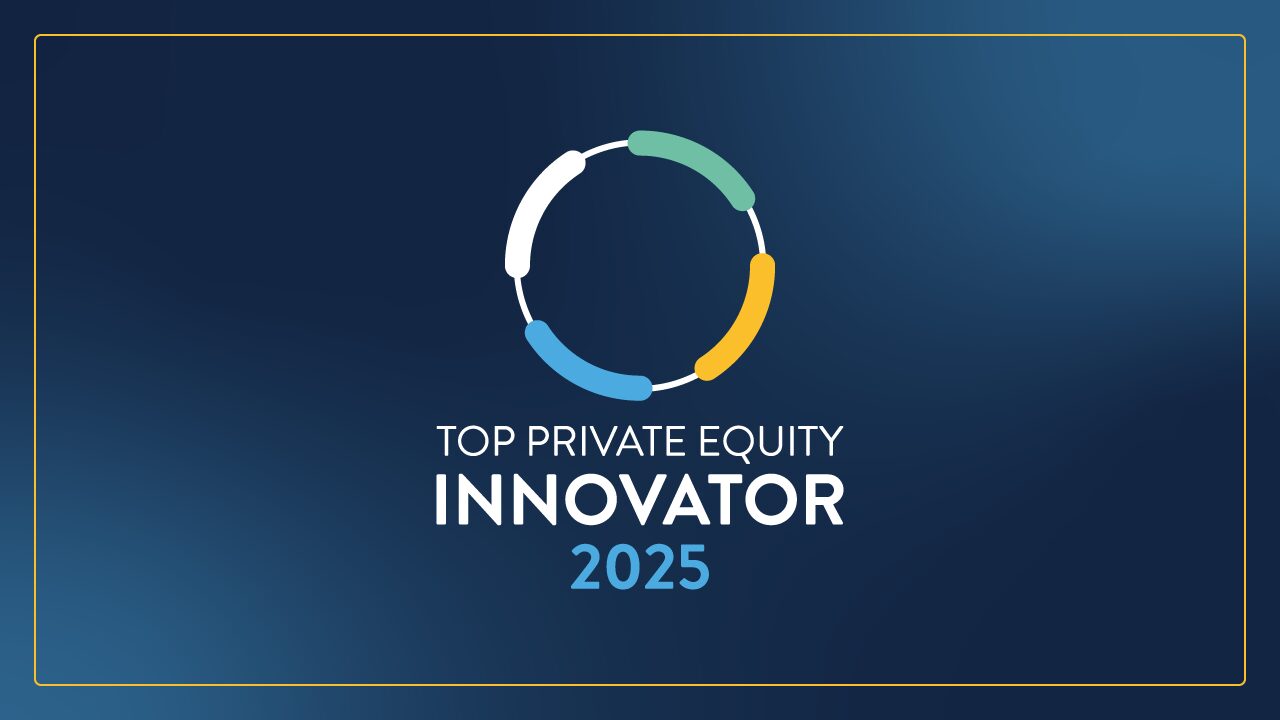Why might a good company fail? It’s often as simple as running out of cash.
That’s why it’s so important that business leaders not only understand what cash flow is but also keep a close eye on it.
BluWave CEO and founder Sean Mooney touched on this topic with Gabe Mesanza, partner at Huron Capital, on the Karma School of Business podcast.
Let’s take a closer look at what Mooney and Mesanza had to say about the importance of cash flow, and how private equity firms think about this crucial metric as it relates to their portfolio companies.

READ MORE: Why Hire an Interim CFO?
What is Cash Flow?
Cash flow is the net amount of cash coming into and going out of a business. It has a substantial impact on liquidity.
Without enough cash on hand, a company won’t be able to pay its expenses, ultimately forcing it to shut down.
A Fundamental Beacon for Businesses
When times get tough – especially because of the economy – many businesses act more conservatively. Private equity firms, however, often take advantage of these challenging situations by boosting value creation.
Mesanza said that starts with focusing on fundamentals.
“The basic is focus on cash. Just understand your cash position because that is really the lifeblood of the company,” he said. “If you’re struggling with cash, then you really can’t think about much else, very honestly. That is all-consuming, and it leads you to short-term decisions that are often counter to the long-term goals of the company. That to me is first, second, third. In a crisis, focus on cash.”
READ MORE: Interim CFO for a Financial Crisis
Why Cash Flow is Overlooked and Misunderstood
When a business is performing well, executives are even less likely to focus on cash flow. This, Mesanza said, is a mistake.
“We’ve seen a couple of examples of that here recently. Having worked for large companies, even sometimes we ran into really good executives that ran business units and you ask the question of cash, they never even thought about it,” he shared. “Cash was just something that was there and it was swept at the end of the day. When you needed to do a project, you went and asked for the money and it showed up. The idea of cash is not something that is natural for a lot of people, and it’s surprising the number of people who mistake EBITDA for cash.”
Cash Flow Forecasting and Management
Mooney, who had about 20 years of private equity experience before starting BluWave, said that neglecting cash flow can be a fatal mistake.
“I learned very early on good companies don’t necessarily go out of business because they’re good or bad, they go out of business because they run out of cash,” he said.
READ MORE: Sales Process Workflow: Stages, Examples for Businesses
Instead, he suggested, business leaders should forecast cash flow on a 13-week basis – equivalent to a quarter – week-to-week and monitor progress. Mesanza agreed with this approach.
“One of the first things we do is a 13-week cash flow. It’s interesting for founders, a lot of their personal finances are intertwined with the company, a lot of their personal expenses flow through the company, whether it’s a car or whatever the case is,” Mesanza said. “The moment that you start adding debt to a company and you have quarterly debt payments that you have to make, boy, that really becomes some different level of conversation.”
How Private Equity Looks at Cash Flow
Private equity firms perform substantial due diligence before acquiring a new business. When they do move forward with a purchase, it’s because they see significant growth potential.
READ MORE: What Makes a Commercial Due Diligence Firm ‘Specialized’?
“The change to being owned by private equity is that we really only want to put in equity or cash into a company to grow it, to build it, to buy other things,” Mesanza said. “We don’t want to put cash in to run the operations.”
These aren’t just lessons for PE firms and their portcos, though. Any business can reap the benefits of healthy accounting practices coupled with a growth mindset.
The Business Builders’ Network is full of third-party service providers who have helped businesses across various industries accelerate their value creation.
Contact the BluWave research and operations team to set up your initial scoping call. They’ll match you with an exact-fit resource from the invite-only network within a single business day.


